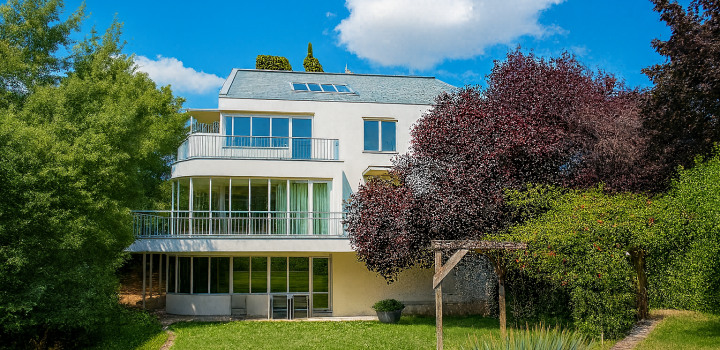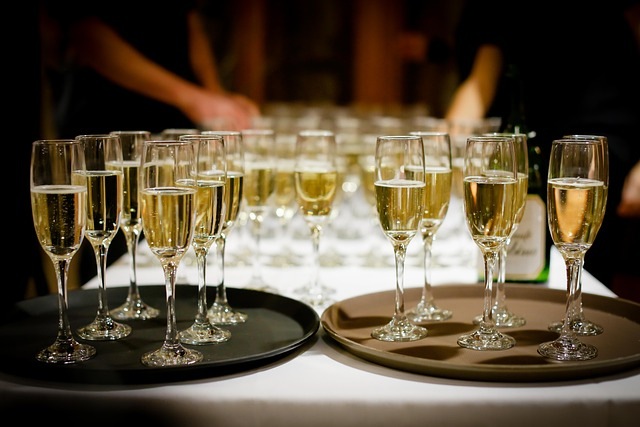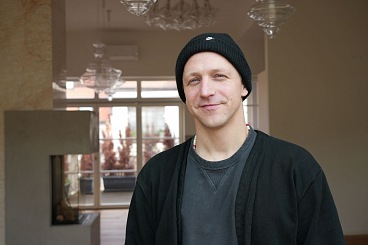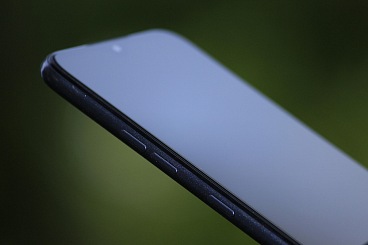Young people are reaching for kratom and cocaine. Alcohol does not attract them, it is not modern, says addiction specialist Monika Plocová.
The trend among the young generation is beginning to be a reduction, or complete rejection of alcohol consumption. This surprising news is spreading around the world and it may be time to consider what is behind its emergence. A healthy lifestyle, better access to other substances or technologies satisfying obsessive behavior, or something else? It can't be definitely said that today's youth is exposed to less stress, quite the contrary. The youth should have plenty of reasons to drink. On the other hand, their world is more colorful.
Generation Z drinks less than the previous generations
Masaryk University, Faculty of Sports Studies presented a survey as part of Dry February, indicating that Generation Z (born 1996 - 2010) drinks significantly less than previous generations. At least once a week alcohol is consumed by 16% of Generation Z representatives, compared to the Baby Boomers generation (1946 - 1966, roughly today's retirees), or Generation X (1965 - 1980, parents of today's youth), where at least once a week alcohol is consumed by 36, resp. 33% of people.
From Generation Z, moreover, 37% of people claim they don't drink alcohol at all, not even occasionally.
Health comes first
Never in previous generations have there been so many young people who deliberately focus on healthy nutrition, a balanced balance of physical, work and recreational activities. This is also significantly contributed by the significantly better availability of health information, a healthy lifestyle and influencers who promote various fitness styles. The world offers much greater opportunities for meaningful fulfillment.
Change of Social Priorities
Many young people don't resonate with the lifestyle of their parents, worked and relaxed with alcohol in the evening. In the end, they can't, they are caught in the trail of modern life, personal development, and they are interested in financial stability, which is difficult for them to maintain. They also have less time for traditional entertainment, which was part of the life of previous generations (see the reduction in attendance and beer consumed in bars, pubs), and entertainment associated with mindless alcohol consumption is slowly but surely becoming more of a relief for financially less secured people rather than people from higher classes, who have more money and opportunities to relieve stress, for example in the gym or through sports.
New activities, new dependencies?
Another two factors can also play a role. Availability of healthier alternatives, which satisfy both body and mind. Social activities, sport, culture, digital entertainment can play a role in the fact that young people do not crave after intoxication and subsequent hangover. After a night of playing video games, there is no hangover, just lack of sleep at most.
But the availability of other substances, which are addictive, such as kratom, cannabis, etc... that can in many cases replace previous alcohol consumption, also plays a role. This will be confirmed by a therapist for addiction treatment in a moment.
Bad experiences from families and awareness of the consequences of alcohol consumption
Today's young people think more often about their future, an ever-increasing awareness of the consequences of alcoholism, about moderate consumption of these beverages and about where there is or is not a kind of healthy limit. Many people find, and very timely, that alcohol causes or deepens their mental distress, anxiety, or depressive states, so they avoid it for that reason, too. This connection was not and could not have been noticed by the generation of our parents, it was not discussed.
A significant percentage then have bad experiences from their own families, parental alcoholism can be a good, albeit sad, reason why children from such families avoid alcohol for life.
Non-alcoholic drinks are appealing and continually getting better
So why bother with alcohol, right? The trend is non-alcoholic distillates, on the market there are great non-alcoholic sparkling drinks, wines that perfectly satisfy the desire to have something in the hand, to combine fun with a good, flavorful drink, without getting drunk. From mixed non-alcoholic drinks, wines, cocktails to hard "alcohol" without alcohol. At this point, it can be said that the world of alcohol is adequately replaced and anyone who does not have taste buds dulled by alcohol will be very pleasantly surprised by the intensity of the taste of these drinks.
The younger generation approaches drinking with a broader perspective, is more aware of the consequences and does not consider a glass of alcohol as a sign of adulthood.
How does Mgr. Monika Plocová fromBranické Sanatorium of Monika Plocové in Prague see it?
It's true that I encounter problematic drinking or alcohol dependence more among the middle-aged and older generation. Younger people are more likely to be using the new kratom, as well as marijuana and cocaine. This consumption can later develop into dependence on methamphetamine, cocaine and other addictions. This leads me to the point that today there are plenty of "relieving" and also new substances other than alcohol.
On the other hand, I think there is a considerable amount of young people who want to live healthily and profess a "clean" lifestyle. These young people have a desire to "fix the world".
Do you also have such a feeling or experience that young people have a different relationship to alcohol?
"I recently met a young man who was discussing a relationship problem with me. He said he does not drink alcohol. I asked for the reason. "Everyone drinks today, it's not trendy anymore," he smiled. "I see the strength in living and coping with life with a clear mind. That's what it's about, right?" I couldn't have said it better than this twenty-year-old. I was pleased."
If a person becomes addicted to alcohol early in life these days, how might his reasons or background differ, can he possibly be following the path of his parents?
"There are several reasons why a person becomes dependent on alcohol. They include the structure of the individual personality as well as innate dispositions and also upbringing and parents' examples. If a child sees alcohol being routinely consumed at home, of course it is a regular lifestyle for him in his own life as well. And that's the path to dependency.
If someone in the family has a problem with alcohol (father, mother, their parents), there should be a warning light flashing in the mind. This person is several times more likely to fall into addiction due to their background and generational burden. This knowledge and life status can be a challenge for a person to not drink at all. By the way, lately I have been increasingly meeting children who have an addicted parent, who outright say that they will not drink because of their parents."
There are these alcohol substitutes… and not everyone has the possibility to compensate excessive stress and fatigue in healthy ways. What to watch out for (coffee, energy drinks, etc…) and how to replace it, if possible earlier rather than when it starts to become a problem?
"I would recommend here that each person fulfils their healthy desires and needs, as much as they can. Furthermore, to like oneself as one is, to work with one's talent and not to demand more from oneself than can be given. It is necessary to listen to your body and when it simply needs to rest, just let it."
The dependency on energy drinks and vitamins is expanding among new dependencies. These are handfuls of vitamin powders, solutions and dietary supplements, which people bring to sanatoriums with the argument that they can't be without them.
So the conclusion is "everything in moderation and take care of our health properly". It's normal to live a life with a clear mind…"
Trend of alcohol-free holidays
There is even a trend of alcohol-free holidays emerging worldwide. And they are increasingly popular. It's a great solution for two reasons. You won't feel that you have to drink due to social conventions, because there's nothing to drink.
And you will not be bothered by the behavior of drunk guests. Which are, after all, also goals of a quality holiday. To have peace, quiet, indulge the body with something that heals it a bit.
Source: author's article, own questioning, Masaryk University













